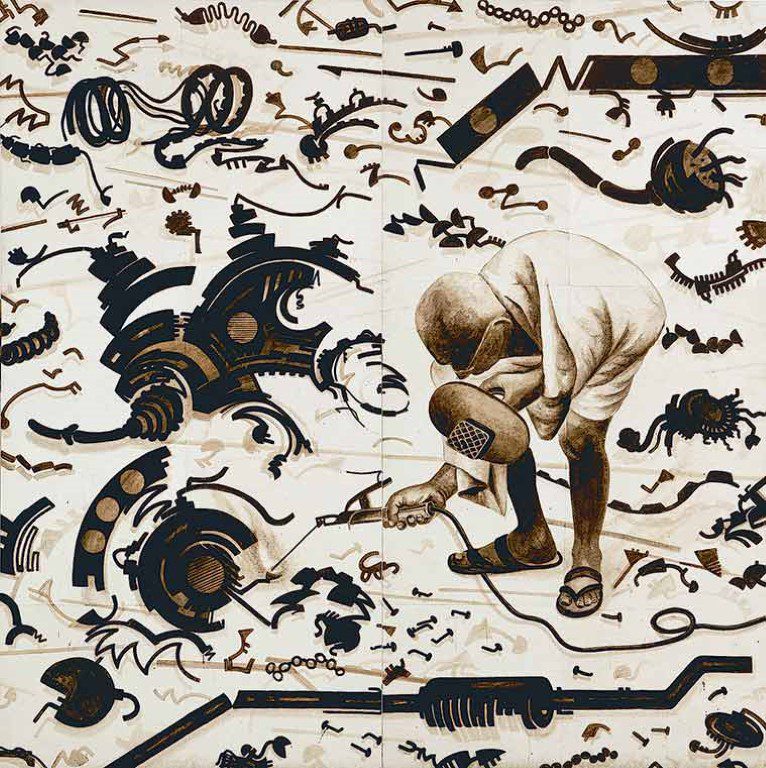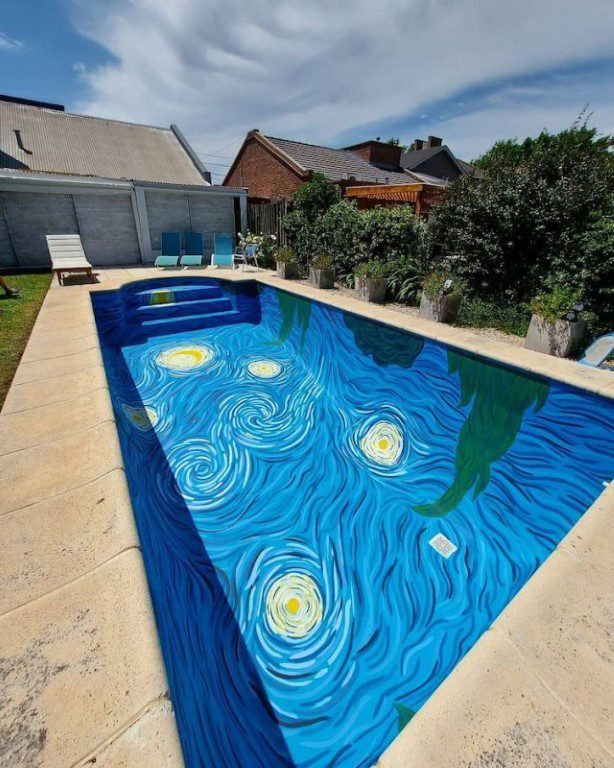Introduction
A recent ruling by U.S. District Judge William Orrick in a California federal court has significant implications for a closely-watched copyright case involving a group of artists and the developers of AI text-to-image generator tools. The judge’s decision lowers the stakes of the case, dismissing several claims while allowing the artists to file an amended complaint against certain companies involved.
Dismissal of Allegations Against Midjourney and DeviantArt
In a pivotal development, Judge William Orrick dismissed all the allegations brought by artists Sarah Andersen, Kelly McKernan, and Karla Ortiz against AI tool developers Midjourney and DeviantArt. This ruling marks a setback for the artists, but it’s important to note that they have the opportunity to file an amended complaint against these two companies, provided that their system utilizes Stability AI’s Stable Diffusion text-to-image software.
Copyright Infringement Claims
Judge Orrick’s decision also had an impact on copyright infringement claims in the case. The judge dismissed the entirety of McKernan and Ortiz’s copyright infringement claims. However, Andersen has been allowed to continue pursuing her “core” claim, which centres on Stability AI’s alleged use of her artworks to train its AI-image generator model, arguing that it constitutes a copyright violation. Judge Orrick emphasised the complexities involved in resolving the artists’ claims. He noted that even Stability AI recognises the difficulty in determining the truth of these allegations, especially regarding whether copying in violation of the Copyright Act occurred during the training of Stable Diffusion or when it is run. This uncertainty underscores the intricate nature of the case.
Amended Complaint on the Horizon
The artists’ legal representatives, Joseph Saveri and Matthew Butterick, announced that an amended complaint will be filed next month. This signals their determination to pursue their claims in light of the recent court ruling.
Allegations of Image Use and Derivative Works
In their initial complaint, the artists accused Stability AI of using billions of images, including their own, “scraped” from the internet in the dataset used to train the Stability Diffusion AI model. They argued that their artworks were instrumental in training the models, resulting in the production of derivative works.
Judge Orrick’s Skepticism
While Judge Orrick acknowledged the artists’ claims, he expressed skepticism about the impact of these artists’ works on the AI models. Given that the models were trained on an extensive dataset of billions of images, he found it challenging to conclude that the artists’ contributions significantly affected the models’ outcomes. He also highlighted the difficulty of proving copyright infringement in the absence of side-by-side comparisons showing obvious visual similarities.
Dismissed Publicity Rights Claims
In addition to copyright claims, the artists alleged that the three companies involved violated their publicity rights. However, Judge Orrick dismissed these claims while allowing the artists the opportunity to refile them.
Conclusion
The recent ruling by Judge William Orrick has reshaped the dynamics of the high-profile AI copyright case, with some claims dismissed, while others remain open for further legal action. As the artists prepare to file an amended complaint, the case continues to raise complex questions about the intersection of art, AI, and intellectual property rights.





